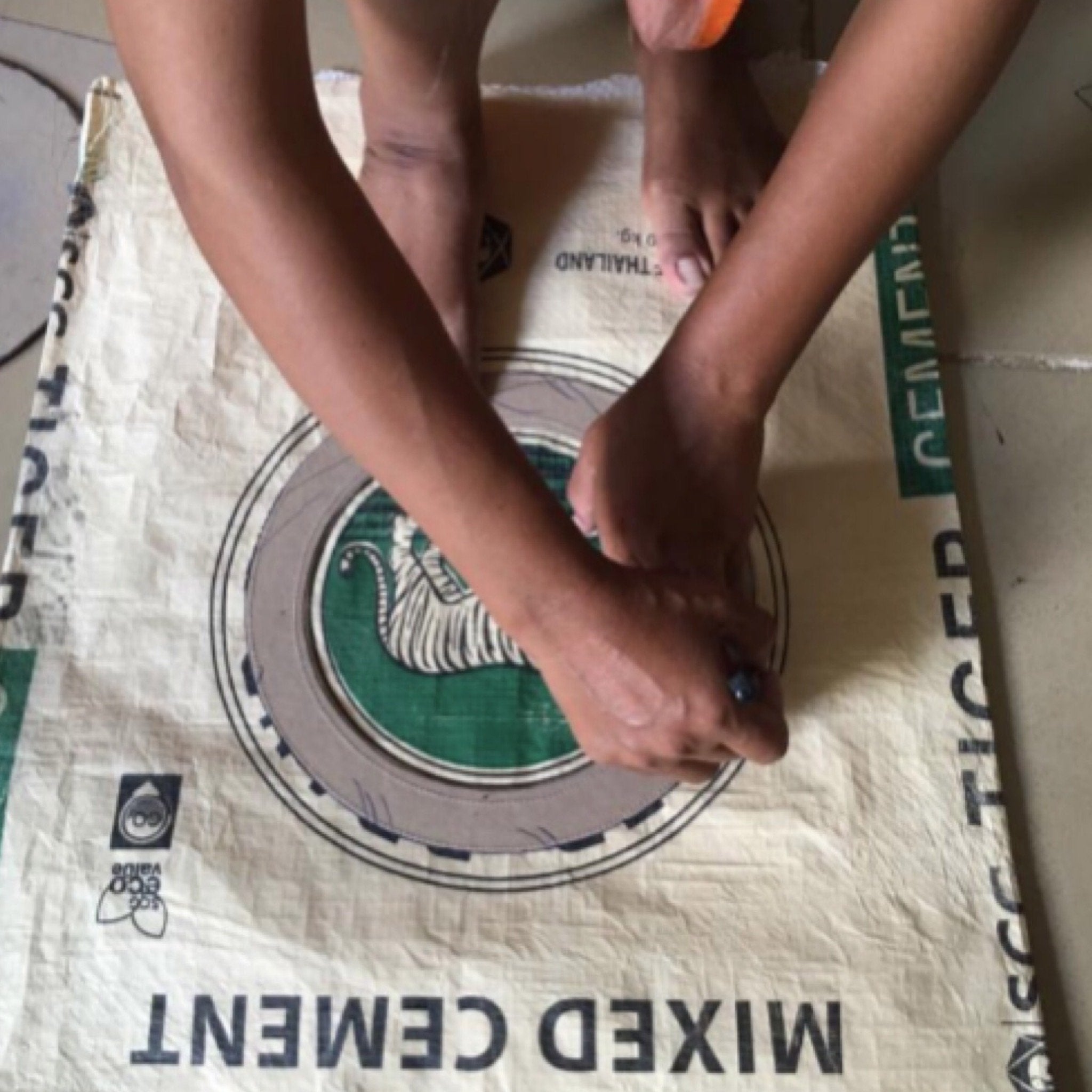
Can veganism be not sustainable or harmful to environment
Veganism is a super popular trend that has spread very quickly across Europe. Though I am not vegan, I believe that vegans rightly emphasise negative aspects of any kind of consumption of animal derived products. It’s an important pressure group that will cause change to mainstream behaviour one day.
While I assume they understand all the benefits and negatives of choosing this approach, I would highlight that vegans often see only self-benefiting factors, or one-sided viewpoints that highlight benefits of veganism.
Such persistent belief in buying products that are produced from scratch as ‘cruelty free’ leaves vegans with only consideration of only narrowly defined vegan options, not only in food choices, but in other areas like clothing, home décor, furniture and cosmetics. This point of view is taking attention away from vegan-friendly alternatives, and distracts from possible negative side effects of over-production, leading to environmental damage from the production processes for vegan items, such as vegan clothing or vegan accessories.
Here it would be important to verify that vegan products are made sustainably - i.e. not just labelled as sustainable, but verifiably so. There is great risk that production of materials used in Vegan clothing or accessories requires use of chemicals and wastage. This is often not taken into account, and such questions, while not ignored by consumers, are blurred by misleading labels claiming sustainability that might not be entirely factual.
For example, production of new vegan clothing often uses a mixture of fibres including synthetics and plastics that require fossil fuels. Main threat is that any unnecessary new production means there is risk of great damage caused by the well-intentioned push for vegan fabrics, or other items that are containing mixed fibres. They are not only difficult to brake-down after recycling, but also require substantial amount of additives to produce fabrics.
In this case garments made of pre-used materials like recycled plastic bottles, old clothing or other recycled materials are sustainable, as they are given a second life cycle. Also gases and chemicals are used to melt polyester or break down old garments, and the purpose is to be much more sustainable than this.
Natural fibres like cotton, silk, wool and bamboo are sustainability winners. They are fully biodegradable and with careful production approach they are less harmful to environment.
UppyBags takes a different position. In a world that is overflowing with materials heading for the landfill, or for chemical-intensive recycling, UppyBags finds direct ways to use those materials in production of bags, with no involvement of additional chemicals (petroleum, softeners, ammonia, heavy metals, etc) - zero wastage vegan products, because production of those bags doesn’t require process of breaking down fibres. Traditional methods are used, where artisans carefully wash pre-used rice, cement sack bags and re-make / re-stitch them into new trendy and sustainable UppyBags.





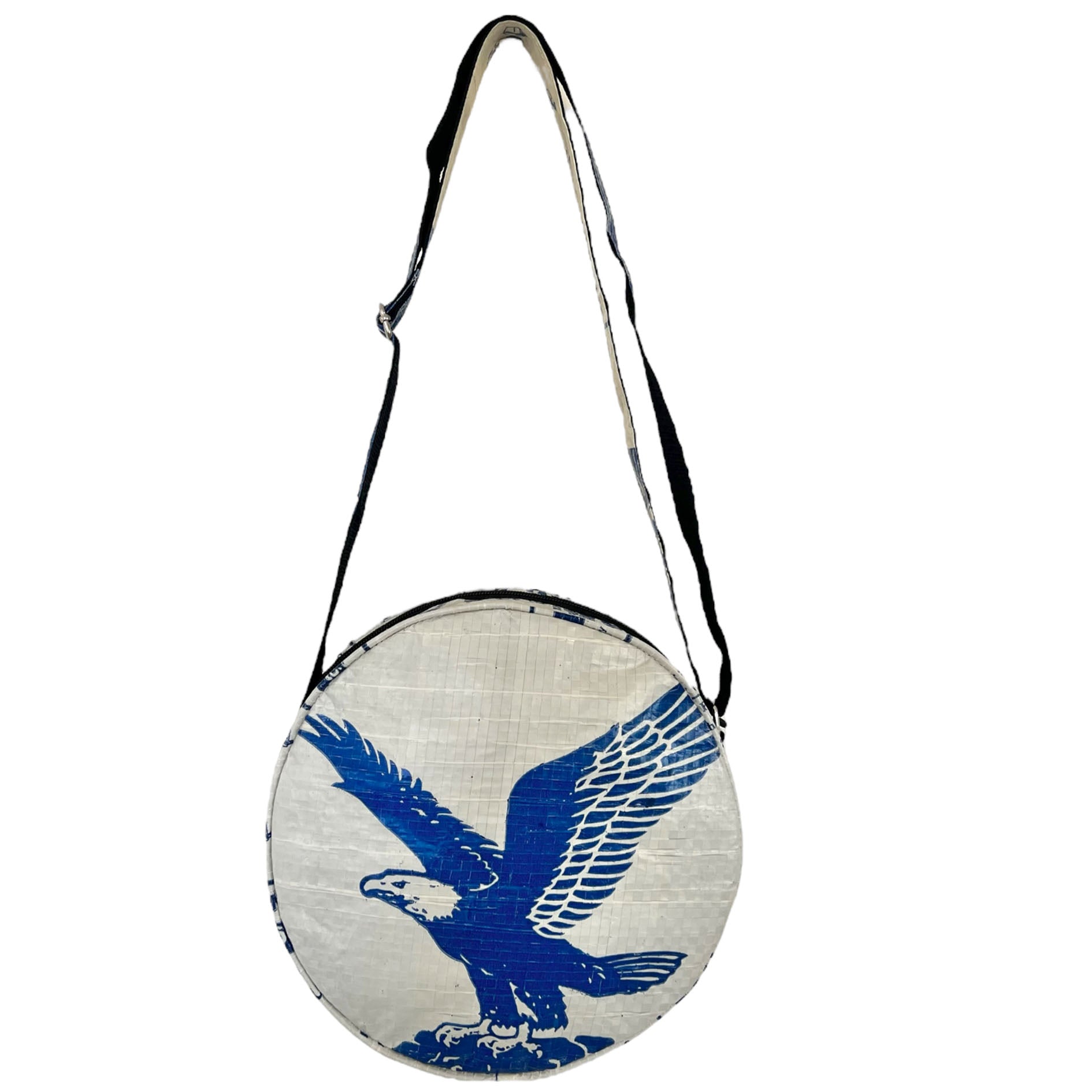
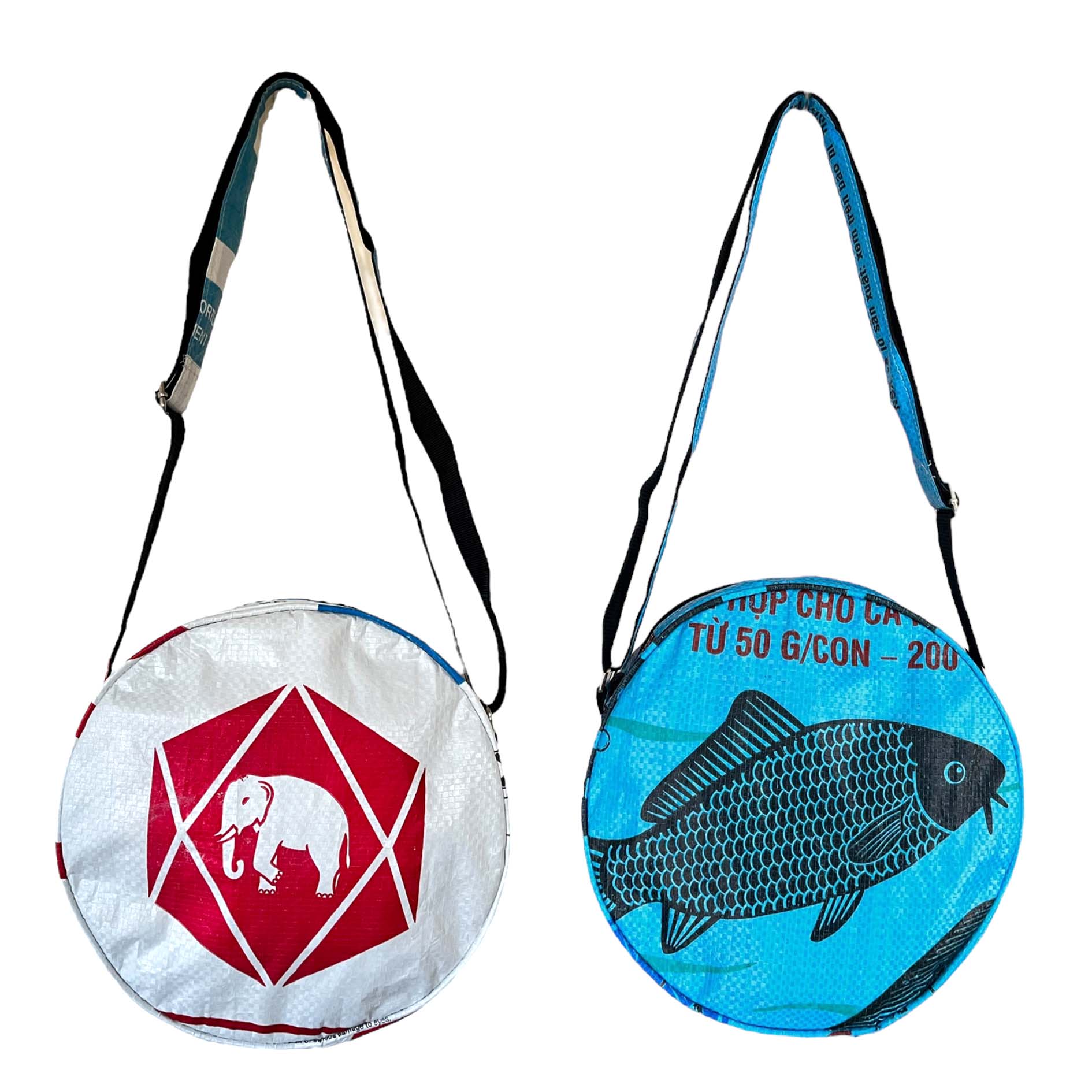
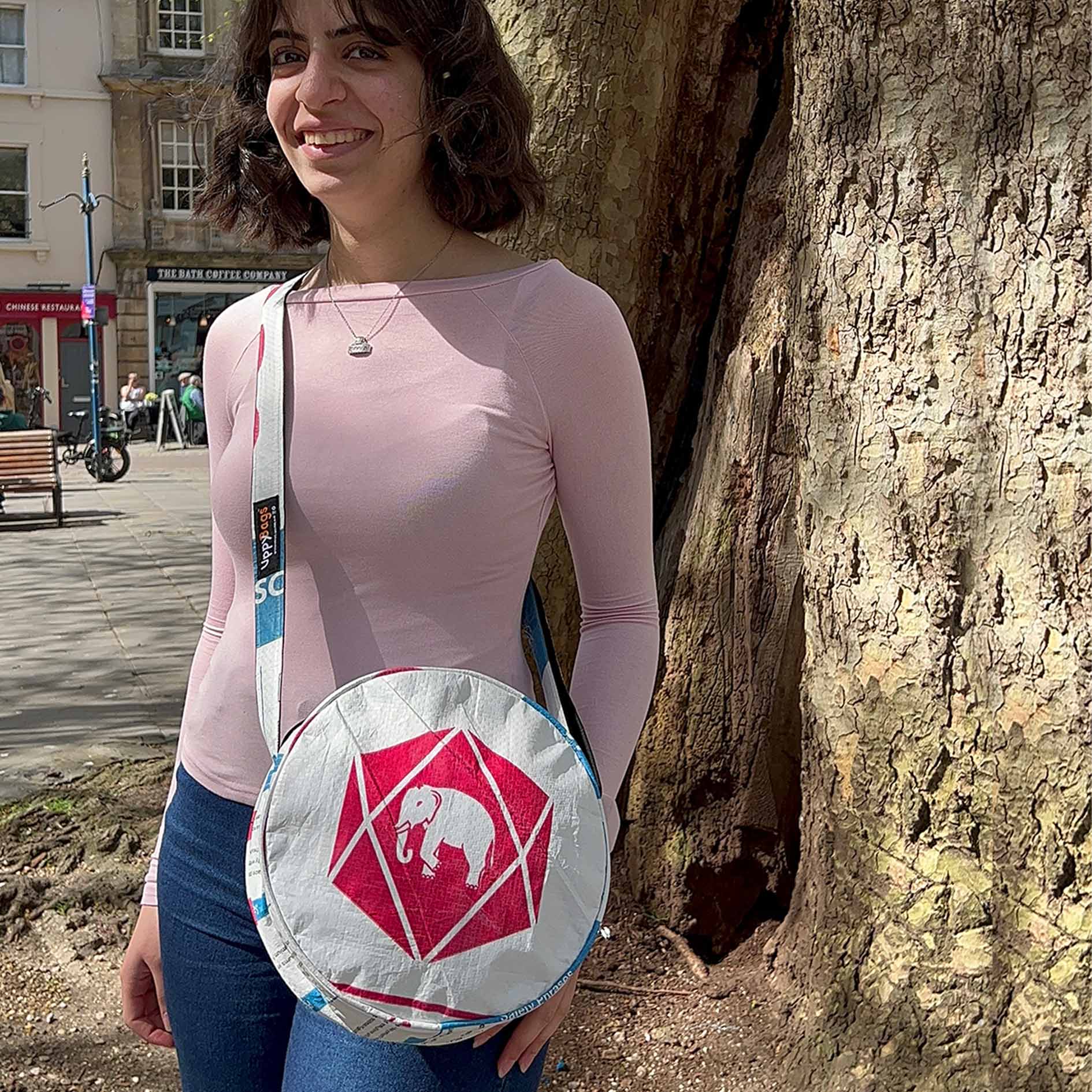
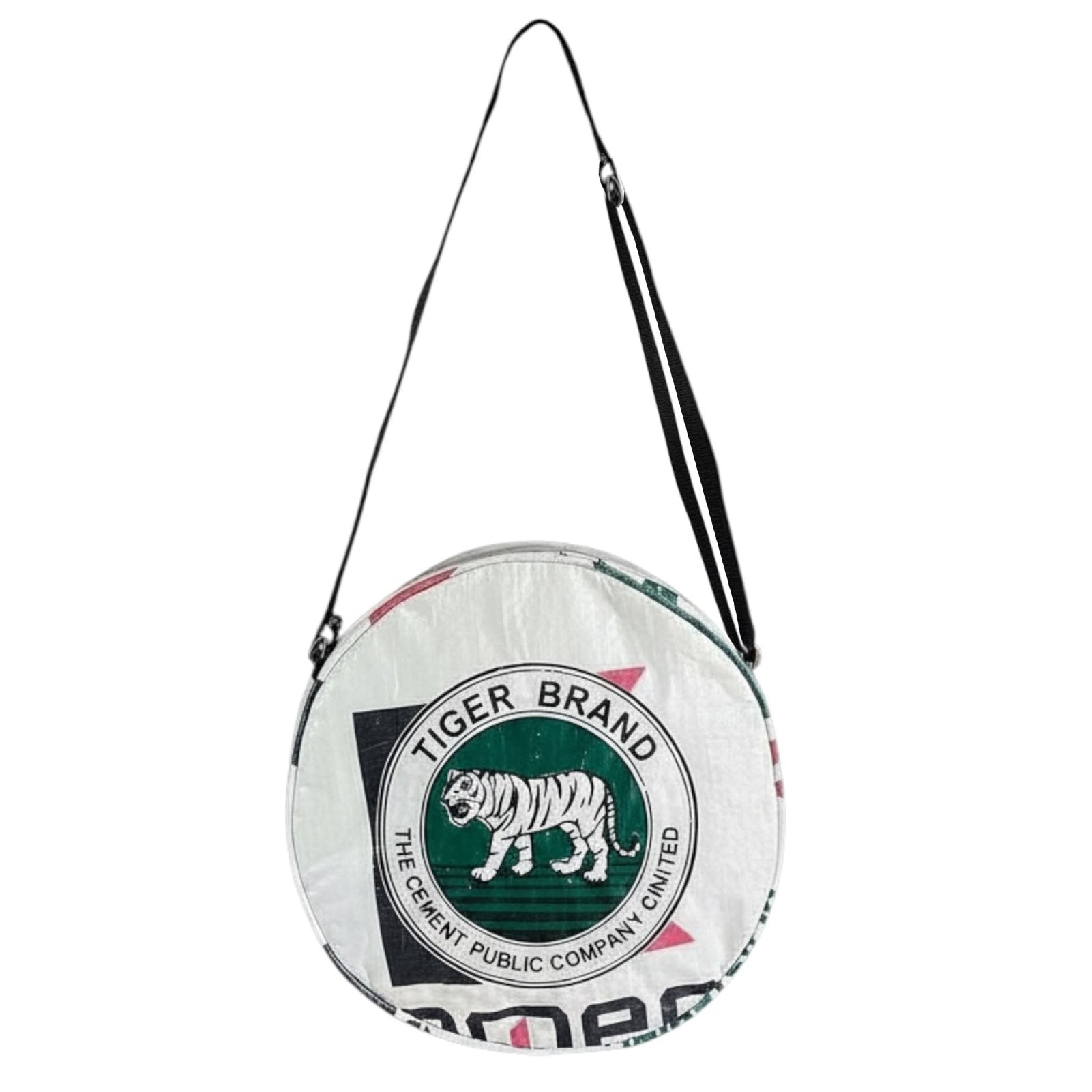
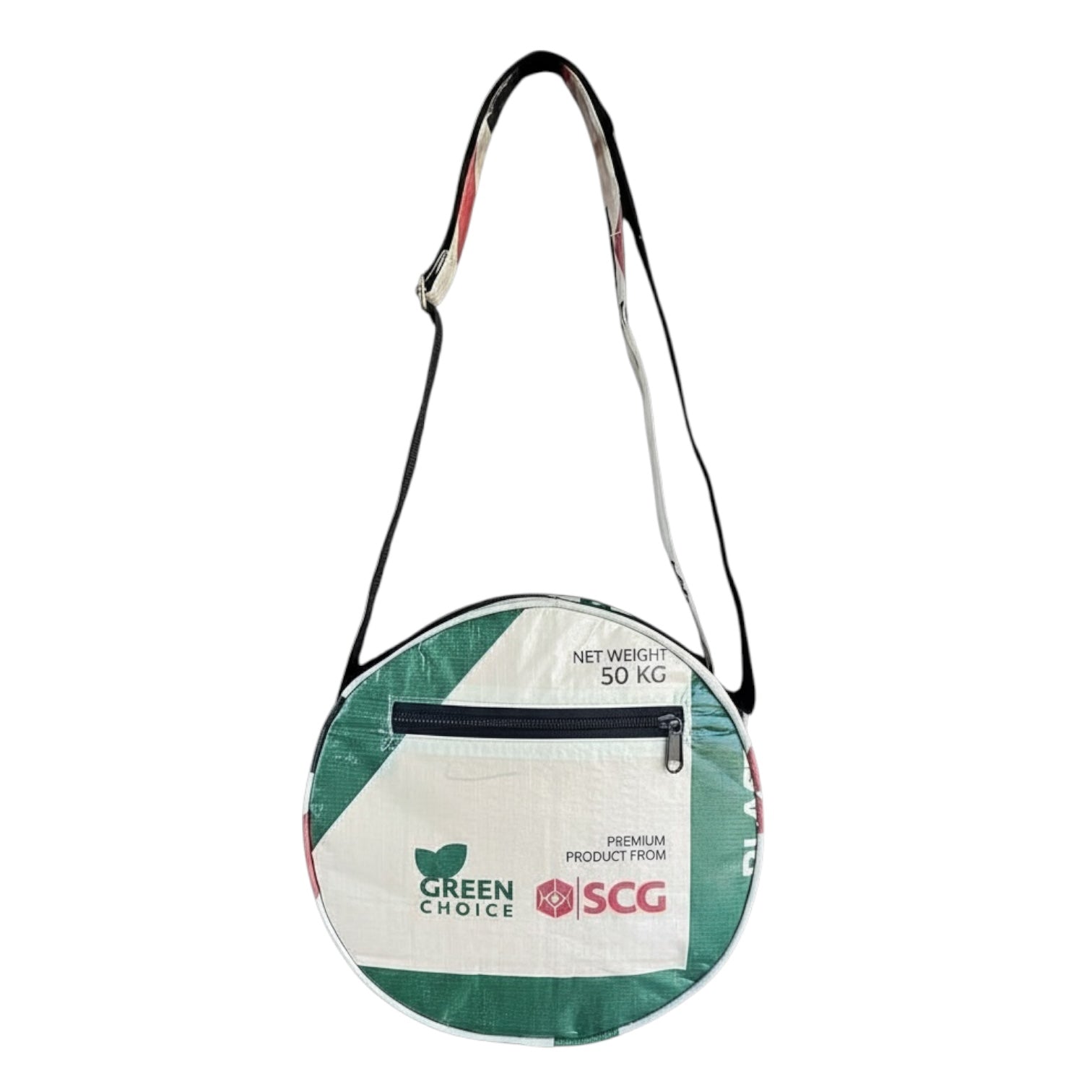
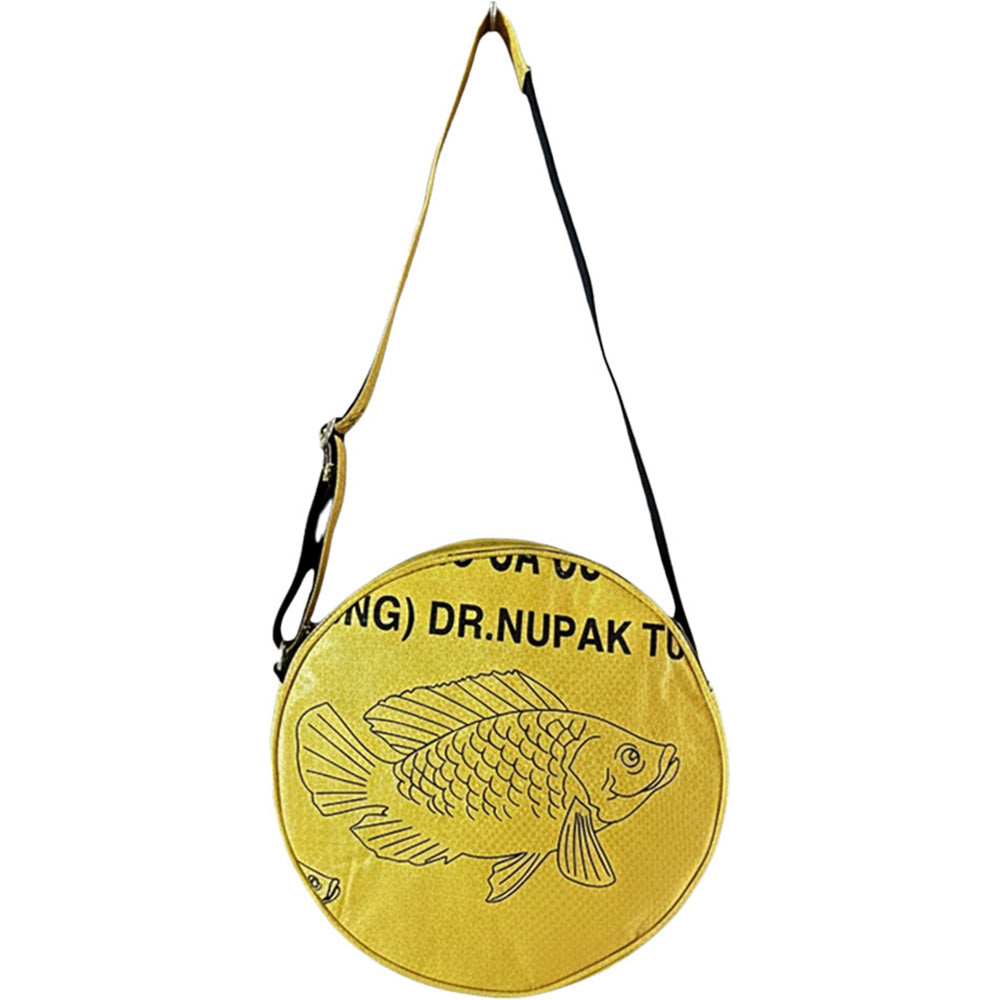
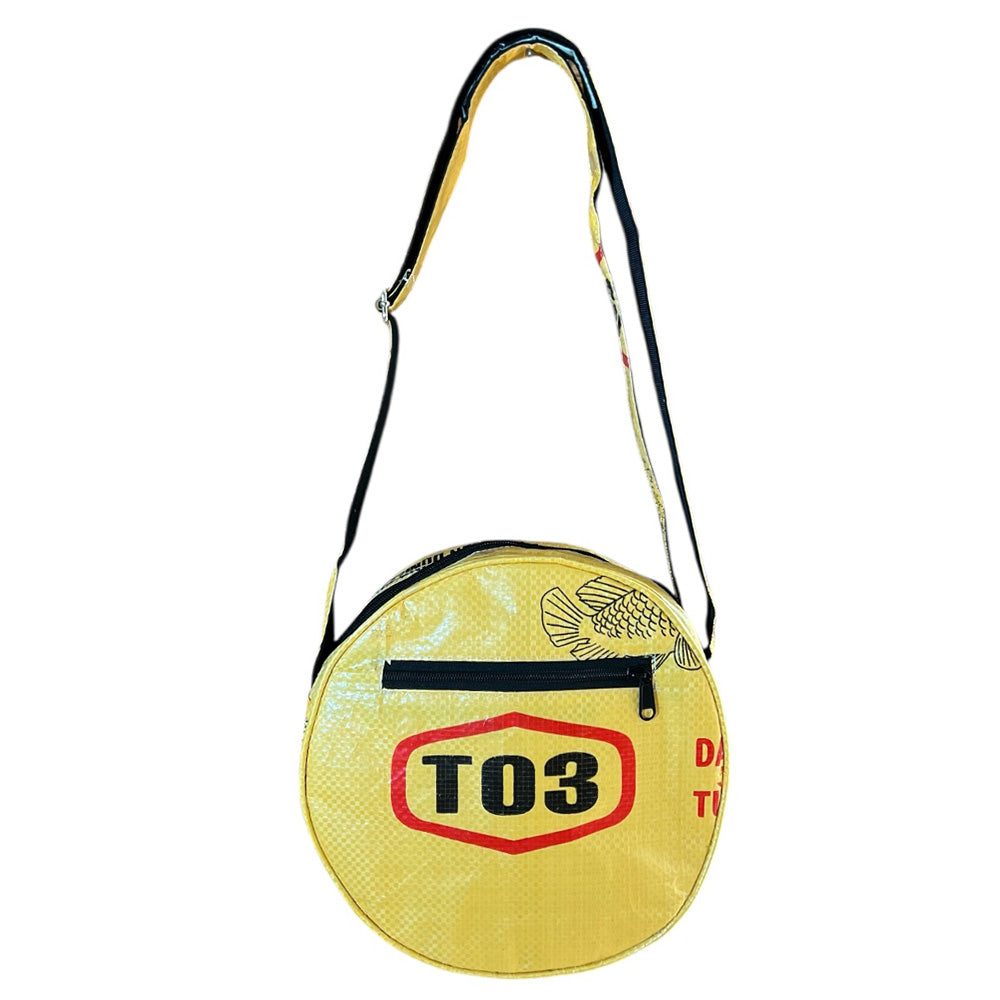

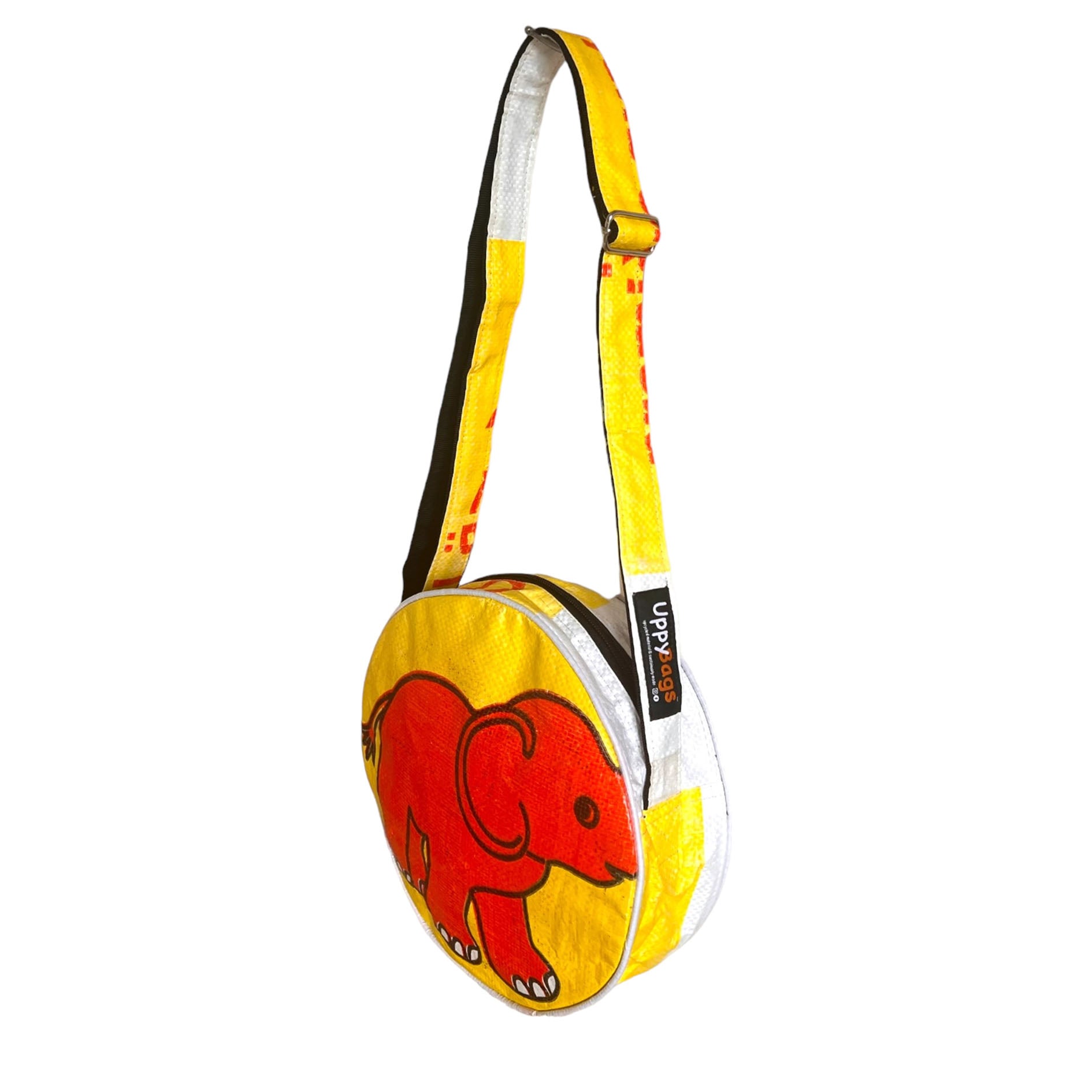
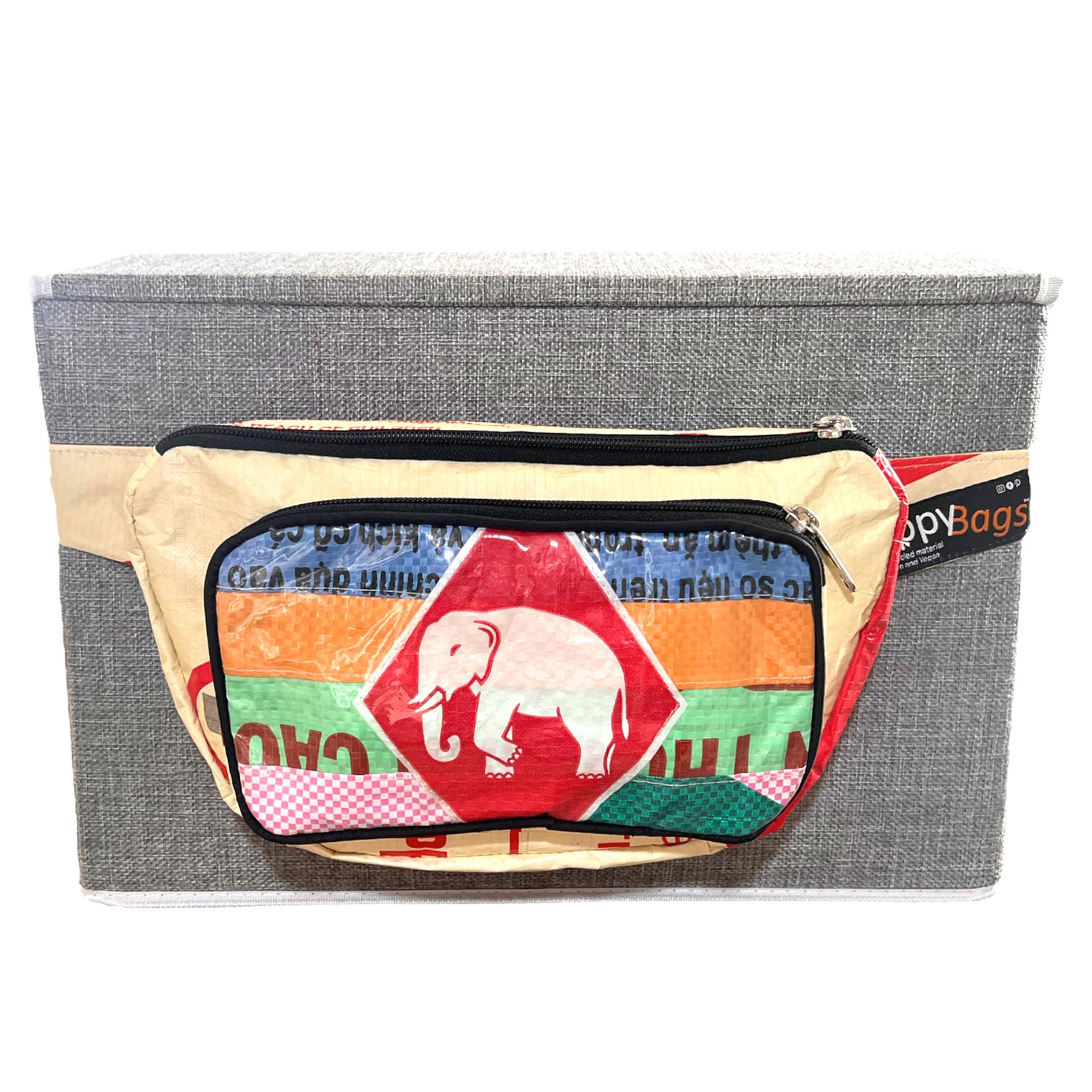
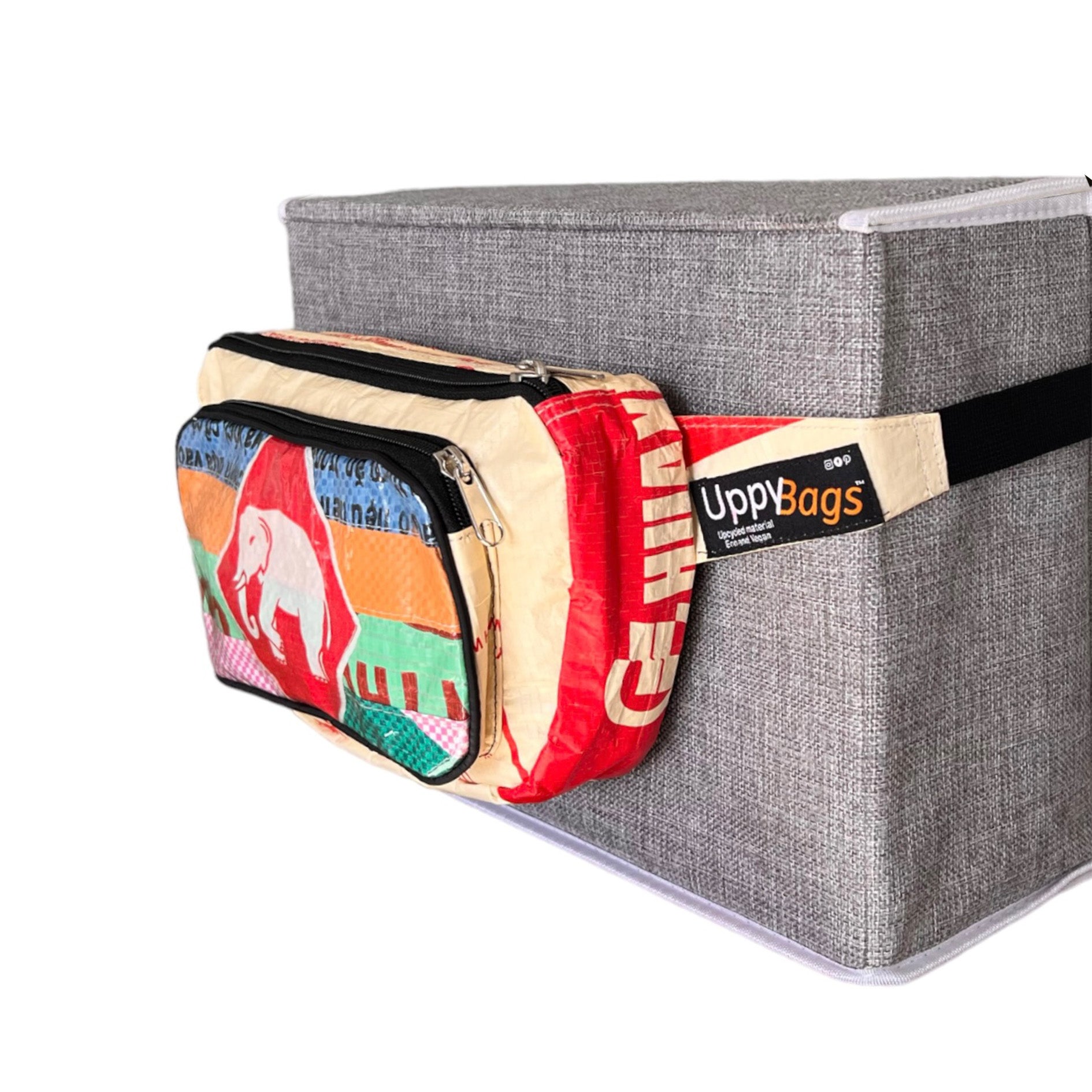

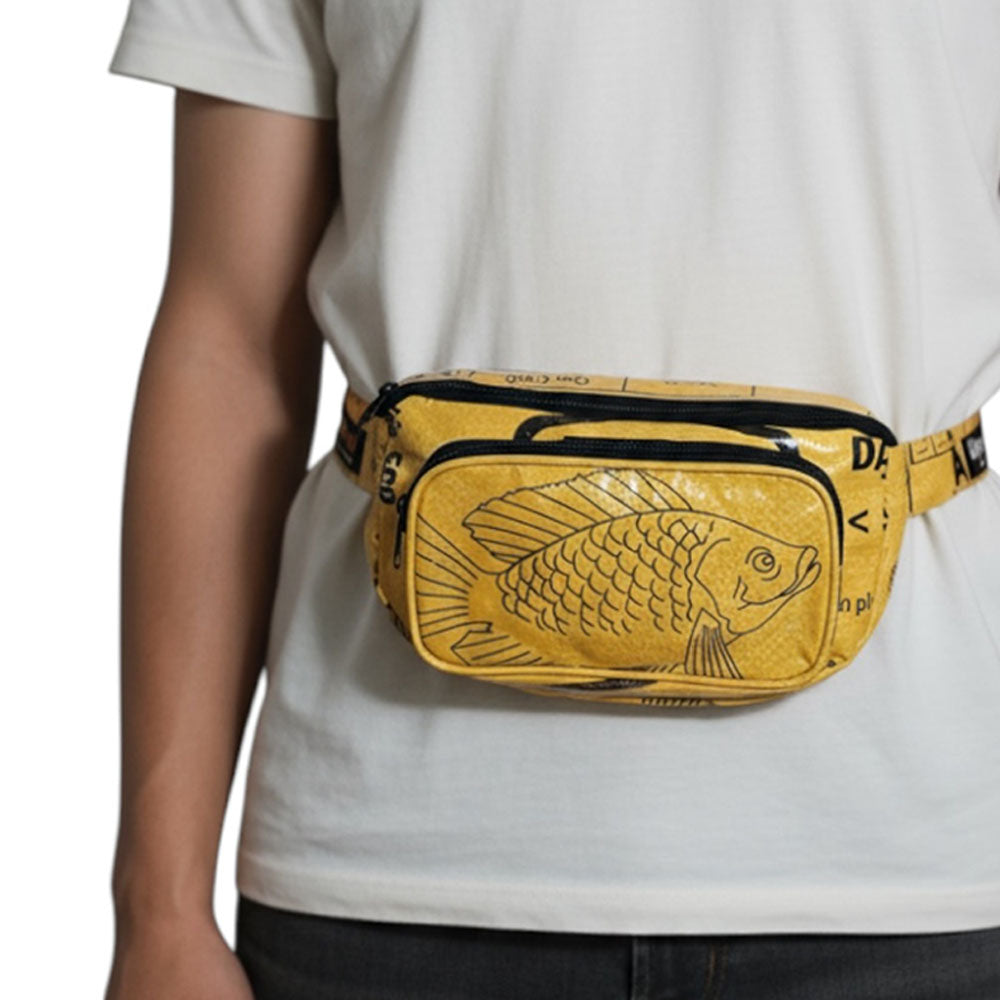

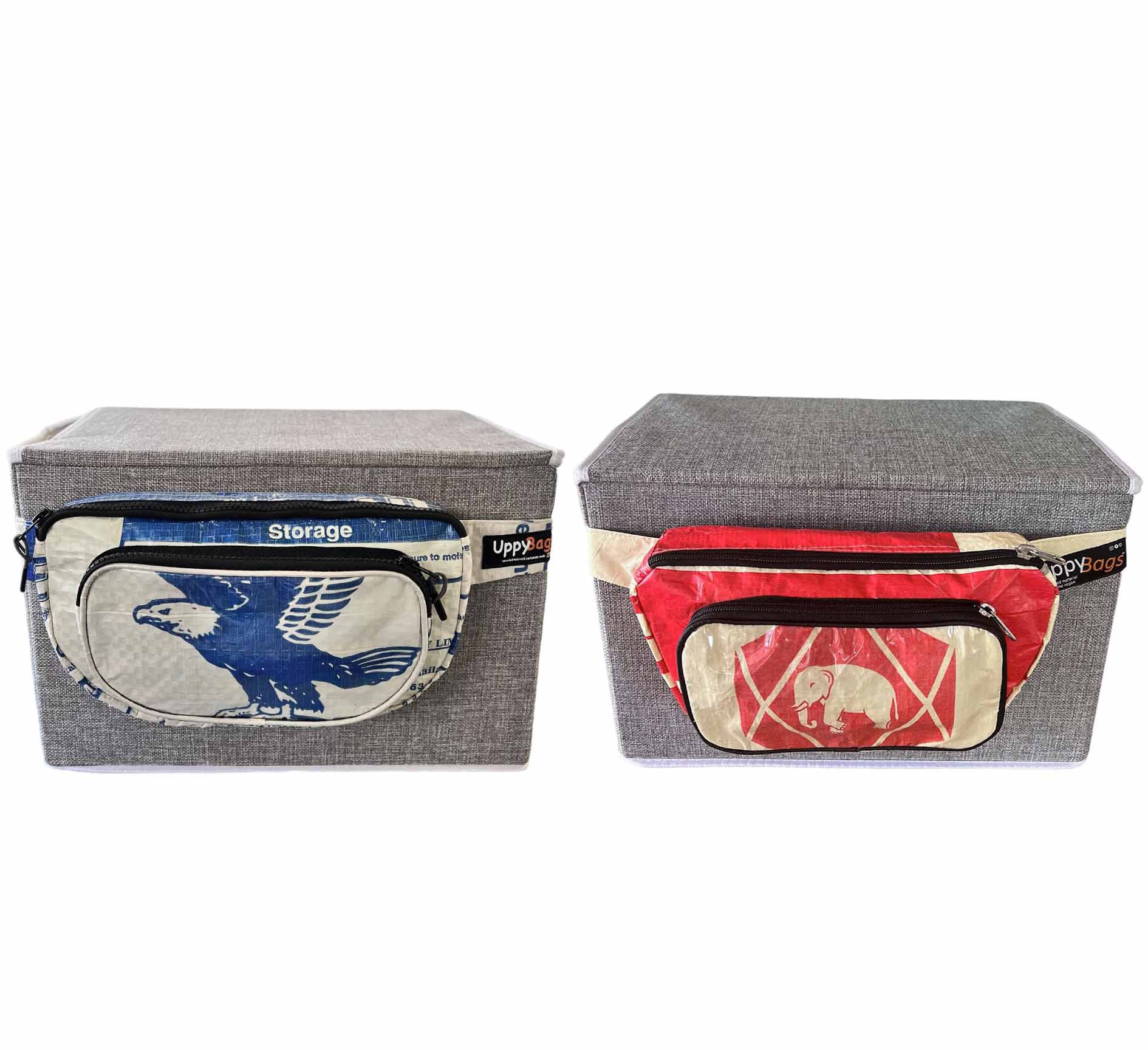
Leave a comment
This site is protected by hCaptcha and the hCaptcha Privacy Policy and Terms of Service apply.